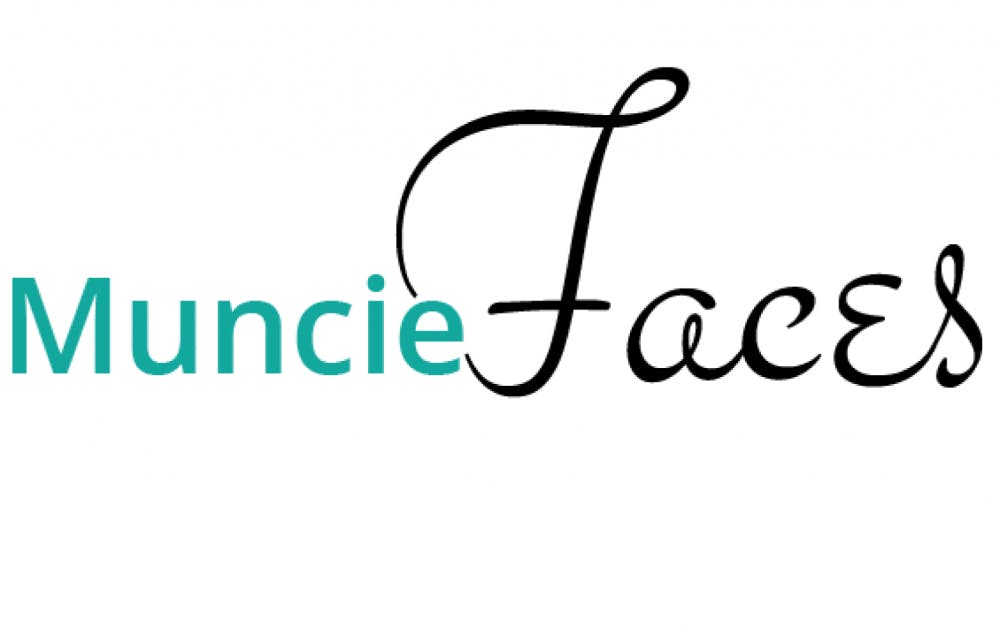During the second semester of their freshman year, Abby Dujka, Alex Peters and Lexi Benakovich were hanging out and talking about their mutual struggles when an idea struck them. Dujka had anorexia, and Peters had an eating disorder not otherwise specified (EDNOS), meaning that it didn’t meet the criteria for anorexia, bulimia, or binge-eating. They wanted to create an organization based on spreading body positivity. It seemed like something Ball State’s campus needed, and it would be a good place to connect with others who might be experiencing the same struggles.
Benakovich completed the formal paperwork to create a new student organization. They needed to write a constitution, which laid out all of the specifics of the organization, and seek approval to be sure they were following university policies. This semester, almost a year later, As I Am was officially recognized as an organization.
The founders wanted a place on campus where people can come together and not feel alone, whether or not they struggle with body positivity. Benakovich says that especially in today’s society, where people tend to idolize Photoshopped images, self-acceptance can be a hard goal to achieve. Benakovich hopes the club will help individuals toward accomplishing that goal in their own way.
There are currently about 10 other people interested in joining the club, according to Benakovich, but they don’t plan to meet formally until next semester. After they get the word out, they hope to attract around 30 members.
They envision biweekly meetings being very relaxed, mostly just a space where people can find comfort in each others presence. Benakovich says they want to promote a safe environment that encourages people to be okay with who they are, and talk about things that they might be struggling with. As I Am might have movie nights or snack nights—the specifics aren’t laid out yet, but the goal is clear.
Dujka said one of her biggest personal struggles has been feeling guilty for wanting to eat something unhealthy, like icecream. But it helps if she has someone else there to eat the icecream with her—she almost feels justified, in a way. She wants to create that same sort of thing for others who may be struggling.
“I want to help show them that it’s okay to treat yourself and eat like a normal human,” Dujka said.
Benakovich hopes that their club will create a community for these people. They can come to just hang out and tell their stories without feeling pressured to fit into any sort of standard. They will feel accepted, or so she hopes.
“It’s okay to be okay with yourself,” Dujka said, which is the main feeling they hope to foster in the minds of those who come.






